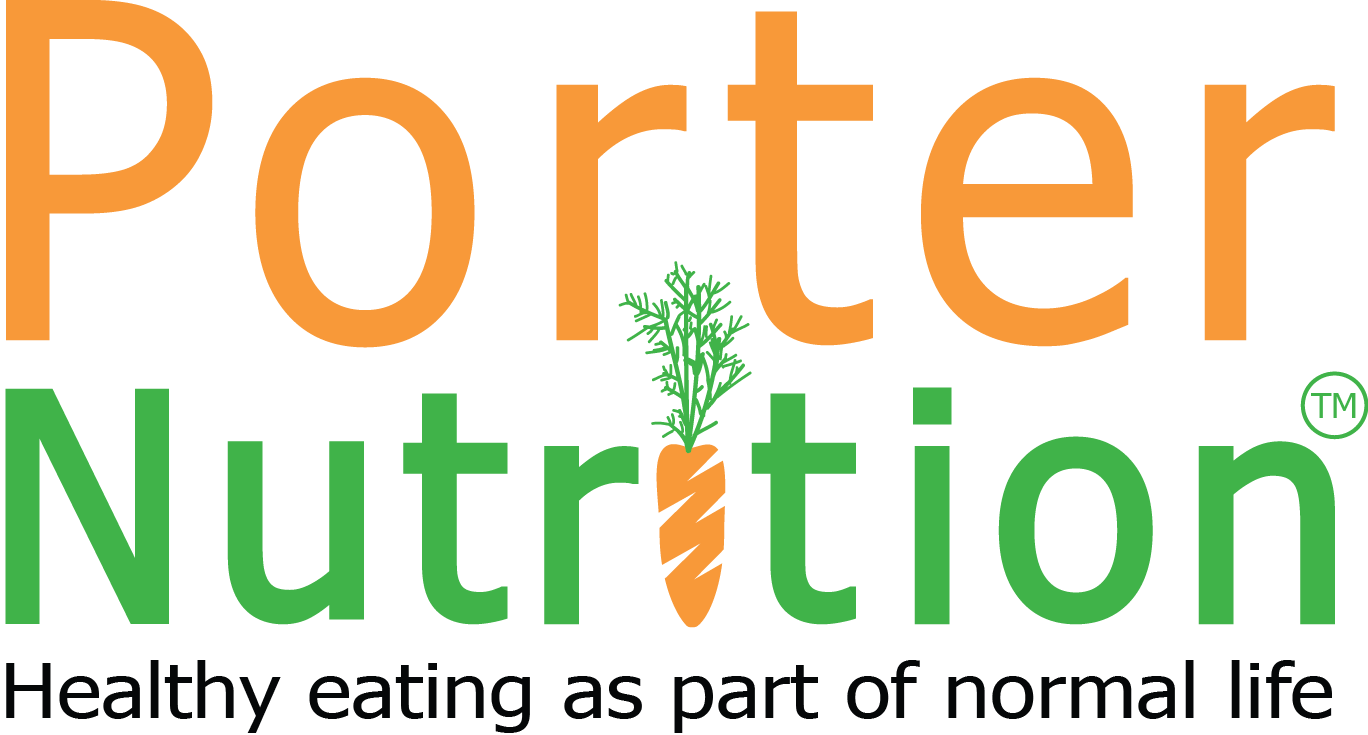When it comes to starting your baby on solid foods there is lots to think about… What their first food will be, will I use the baby led or spoon feeding method, which high chair shall I buy, when should I start… The list goes on (That’s why I spend 3 sessions talking about it on my weaning course)!
Some parents are put off giving their baby solids at all because of the fear of choking. It is a risk but baby could pick something up when they start crawling and choke on it so it is about reducing the risk and knowing what to do if they ever choke. Don’t delay weaning your baby because of the fear of choking. Your baby needs to start on solids around 6 months because breast and formula milk alone don’t give them all the nutrition they need long term. They need to develop their ability to cope with different flavours and textures and they need iron as the iron stores they are born with will have largely been depleted.
Before you start it is helpful to know the difference between choking and gagging otherwise you might panic lots which won’t help you or your child develop a healthy relationship with meal times.
What is choking?
Choking is a difficulty breathing because of an obstruction in the throat. Generally with choking there will be no noise and eventually the person will turn blue and lose consciousness. Choking always needs an intervention.
What is gagging?
“an involuntary retching reflex that may be stimulated by something touching the posterior palate or throat region”. Gagging is a normal part of weaning and babies need to be allowed to use their gag reflex to move the food which has got in the wrong place in their mouth. Adult intervention is not usually needed unless the baby is struggling.
So here are some dos and don’ts around choking and weaning:
- Learn first aid. Consider a Mini First Aid course – they are only 2 hours long and you practise dealing with choking using both baby and child manikins.
- Don’t delay weaning because of fear. If your baby is ready (holding head up, picking things up and putting them in their mouths and able to swallow – usually around 6 months), don’t delay.
- Never leave baby unattended whilst they have access to food.
- If baby gags on a food, try to distract them afterwards with positive attention rather than dwelling on the incident or linking it to that type of food.
- If baby gags on a food, don’t assume they have an allergy. Baby could gag on any food and there isn’t necessarily a link.
- If baby chokes, follow what you have learnt on the first aid course and call 999 if the first five back blows do not dislodge the obstruction.



This site really has all of the information I wanted about this subject and didn’t know who to ask.
Glad you have found the content helpful.